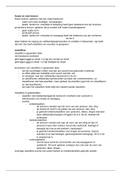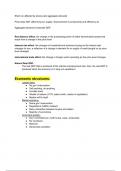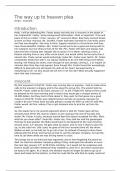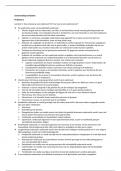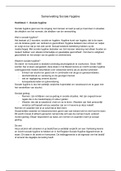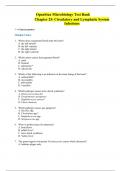College aantekeningen
Grade 9 Natural Science Guide
- Vak
- Instelling
it covers term 1 to 4 and has activities to practice on with answers to some of the questions and provides easy to understand summaries of the different aspects and concepts
[Meer zien]






